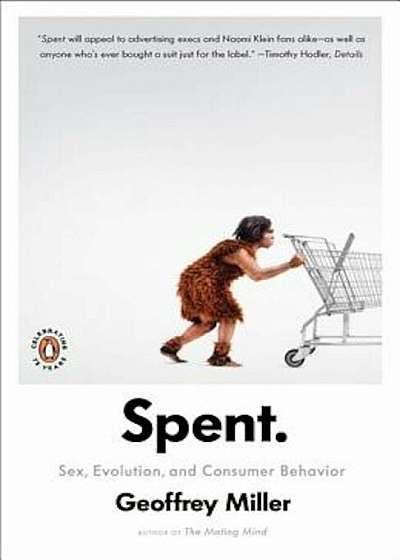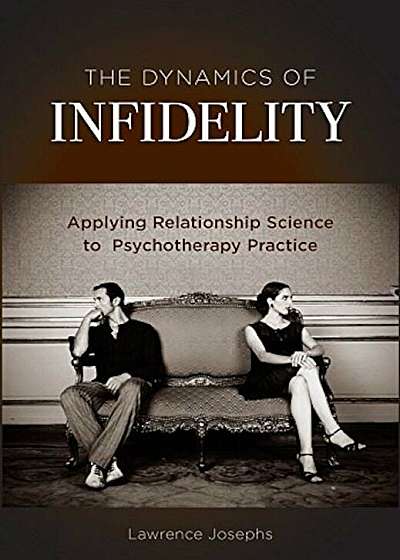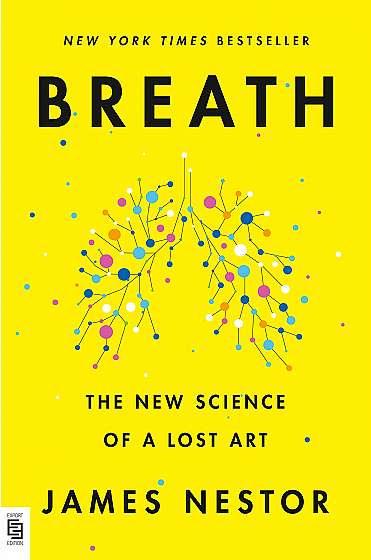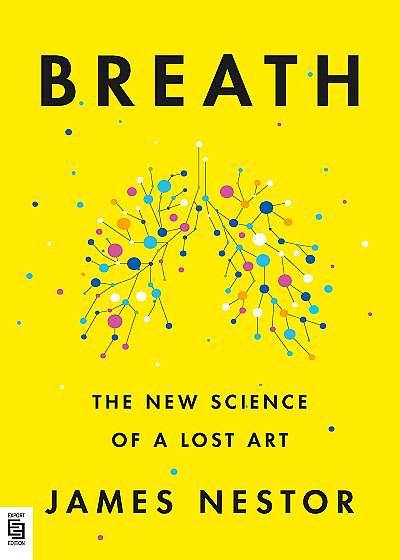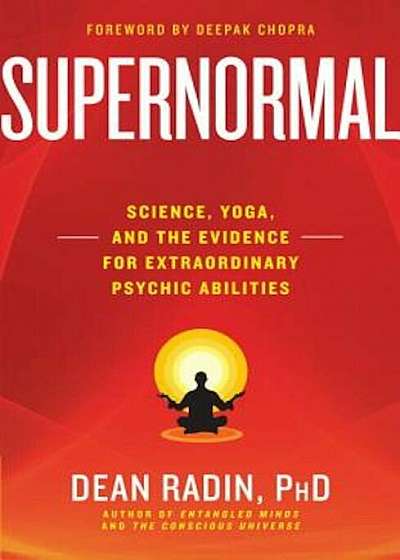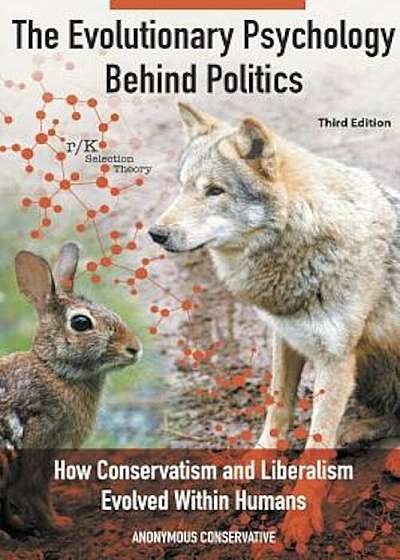
The Evolutionary Psychology Behind Politics: How Conservatism and Liberalism Evolved Within Humans, Third Edition, Paperback
Descriere
Please note that when Amazon says ""out of stock,"" or ""available in 2-6 weeks,"" Amazon drop ships orders from the publisher Ingram within 1-2 days and it will arrive normally. Why do people adopt different political ideologies? How can seemingly equal intellects, presented with the same facts and circumstances disagree so vehemently over how society should be structured? What psychological undercurrents guide people to adopt Conservative or Liberal political beliefs, and where did they come from? The answer lies in a well known concept in biology termed r/K Selection Theory, and this third edition is the most complete examination of this ground-breaking idea to date. r/K Theory examines how all populations tend to adopt one of two psychologies as a means of adapting their behavior to the presence or absence of environmental resources. The two strategies, termed r and K, each correlate perfectly with the psychologies underlying Liberalism and Conservatism. One strategy, named the r-strategy, imbues those who are programmed with it to be averse to all peer on peer competition, embrace promiscuity, embrace single parenting, and support early onset sexual activity in youth. Obviously, this mirrors the Liberal philosophy's aversion to individual Darwinian competitions such as capitalism and self defense with firearms, as well as group competitions such as war. Likewise, Liberalism is tolerant of promiscuity, tolerant of single parenting, and more prone to support early sex education for children and the sexualization of cultural influences. Designed to exploit a plethora of resources, one will often find this r-type strategy embodied within prey species, where predation has lowered the population's numbers, and thereby increased the resources available to it's individuals. The other strategy, termed the K-strategy, imbues those who pursue it with a fierce competitiveness, as well as tendencies towards abstinence until monogamy, two-parent parenting, and delaying sexual ac
